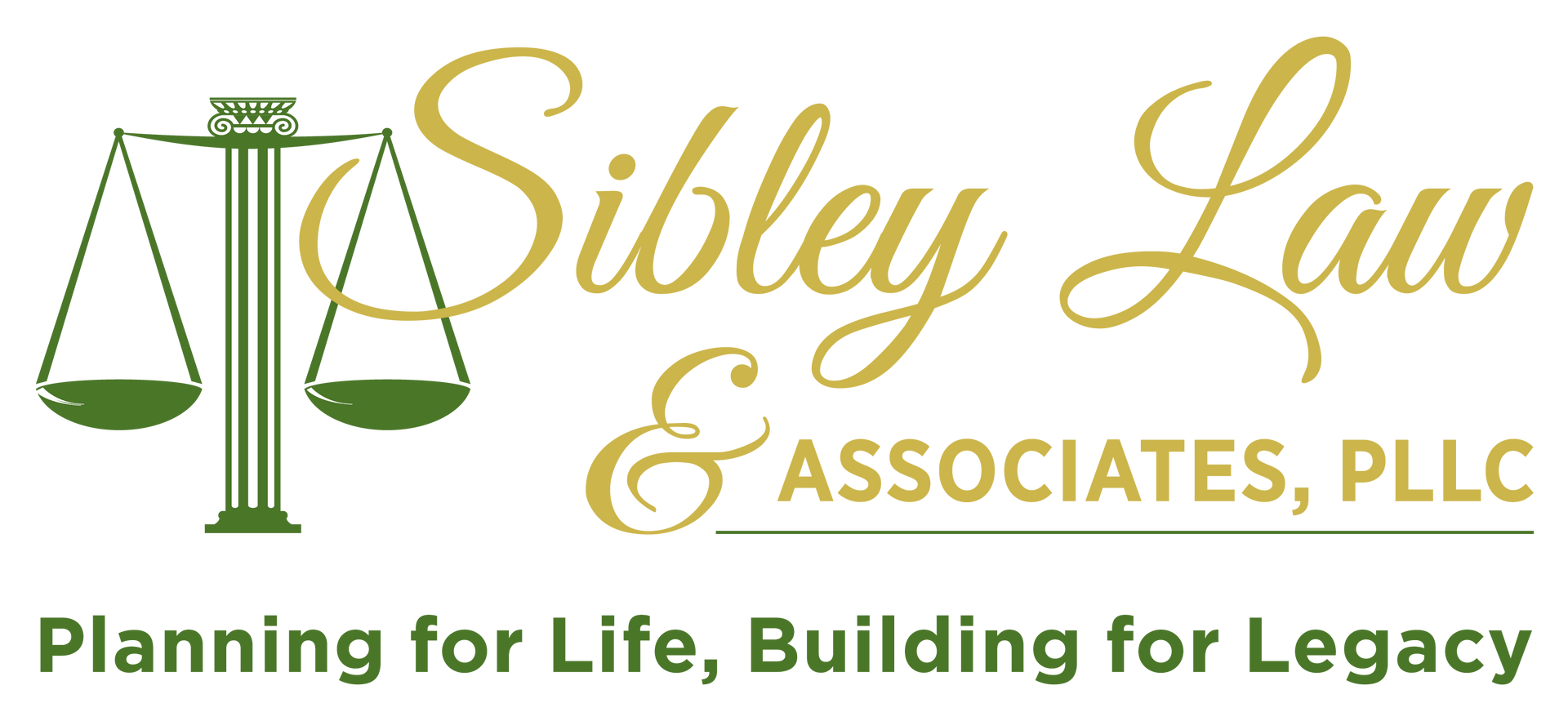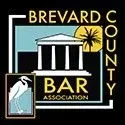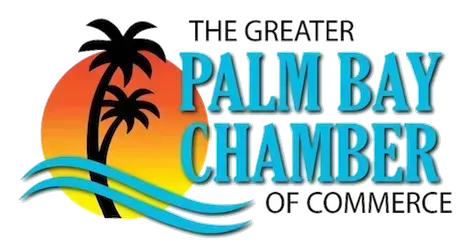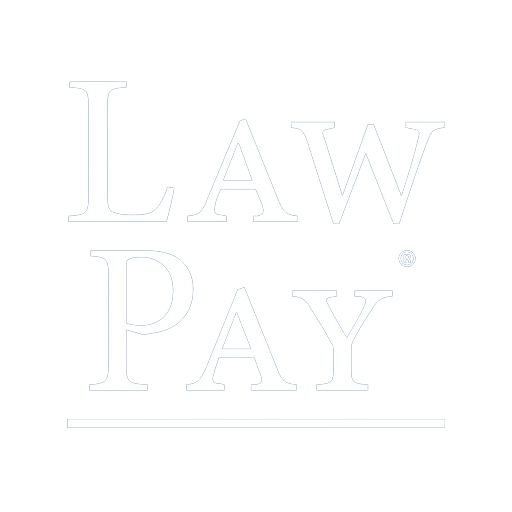Common Estate Planning Mistakes Melbourne Residents Should A
Melbourne, Florida, offers its residents a beautiful blend of coastal living and community spirit. While enjoying the sunshine and lifestyle is a priority, securing your future and the financial well-being of your loved ones is equally vital. This requires careful and intentional estate planning.
Estate planning is more than just drafting a will; it's a comprehensive process of managing your assets during your life and dictating how those assets, and your personal affairs, will be handled after your death or incapacitation. Unfortunately, many Melbourne residents make avoidable mistakes that can lead to costly probate, unnecessary taxes, and painful family disputes.
At Sibley Law & Associates, PLLC, we guide our clients through the complexities of Florida law with clarity and compassion. Attorney Dee Sibley, Founding Attorney Sibley Law & Associates, PLLC is one of Melbourne, Florida's Top Estate Planning Lawyers. Planning For Life...Building For Legacy. Book Your Consultation Today. Our mission is to help you build a robust legacy by anticipating and avoiding these common pitfalls.
The Mistake of Procrastination and Inaction
The single most frequent error Melbourne residents make is believing they have plenty of time. Estate planning often feels like a task that can be put off until retirement or until a major life event occurs. This delay, however, creates massive risk.
Failing to Have Any Plan at All
If you pass away without a legally valid will or trust, you die intestate. In Florida, this means the state—not you—decides who inherits your assets based on the laws of intestacy.
- Florida Intestacy Laws: Your assets will be distributed according to a rigid hierarchy, prioritizing surviving spouses, children, parents, and then siblings. This statutory distribution may completely contradict your wishes—perhaps leaving out a cherished friend, a favorite charity, or even an unmarried partner.
- Guardianship Battles: If you have minor children, failing to name a legal guardian in a will forces a court to make that deeply personal decision. This process can be stressful, expensive, and result in a guardian choice you might not have approved.
Relying Only on a Simple Will
While a will is better than no plan, relying solely on a will can be a significant mistake in Florida.
- The Necessity of Probate: A will must go through the probate process, a public, court-supervised procedure that can be lengthy (often taking six months to a year, or longer), expensive (involving court fees and attorney fees), and exposes your financial details to public record.
- Delayed Access to Funds: During probate, your family often cannot access the assets they need for living expenses, creating immediate financial hardship.
The primary solution here is often the use of a Revocable Living Trust (RLT), which allows assets to pass directly to beneficiaries outside of the probate court, offering privacy and expediency.
Common Errors in Document Preparation and Asset Ownership
Even when people take action, critical errors in how documents are drafted or how assets are legally titled can completely derail the intended plan.
1. Improperly Titling Assets
One of the most critical errors is failing to align the ownership of your assets with your estate planning documents. Your will or trust may state that your house goes to your children, but the title on the deed determines who actually owns it.
- Ignoring Beneficiary Designations: Many assets, such as life insurance policies, retirement accounts (401(k)s, IRAs), and annuities, are non-probate assets. They pass directly to the person named on the beneficiary designation form, regardless of what your will says.
- Mistake: Naming an ex-spouse or an incapacitated person as the beneficiary, or, worse, naming “My Estate”—which pulls the asset into probate.
- Solution: Regularly reviewing and updating these forms to ensure they coordinate perfectly with your overall trust or will structure.
- Joint Tenancy Pitfalls: Titling a bank account or property as Joint Tenants with Right of Survivorship (JTWROS) means the asset immediately passes to the surviving joint owner. If you name one child as a joint owner to "avoid probate," that child legally owns the entire asset upon your death and has no legal obligation to share it with their siblings, often leading to family conflict.
2. Ignoring Incapacity Planning
Estate planning is not just about death; it’s about planning for life. If you become mentally or physically unable to manage your affairs, someone needs the legal authority to act on your behalf.
- Missing Powers of Attorney (POAs): Failing to execute Durable Power of Attorney for finances and a Health Care Power of Attorney (or Designation of Health Care Surrogate) means your family will likely have to petition a Melbourne court for a Guardianship (or Conservatorship). This is a public, intrusive, and expensive legal battle to prove you are incapacitated.
- No Living Will: A Living Will documents your specific wishes regarding life-sustaining treatment (e.g., feeding tubes, ventilation) if you are terminally ill and unable to communicate. Without it, your loved ones are forced to guess, creating emotional turmoil during a crisis.
Florida Specific Pitfalls for Melbourne Residents
Florida law has specific rules regarding assets and dependents that must be considered to avoid unnecessary tax liability and probate issues specific to the Sunshine State.
3. Overlooking Florida Homestead Protection
Florida offers incredible Homestead protection from creditors, but it also imposes strict limits on how you can transfer your primary residence if you are survived by a spouse or minor children.
- The Restriction: If you have a spouse or minor child, you generally cannot freely devise your Homestead property in your will or trust. If you attempt to do so, the law will dictate how the property passes, often resulting in complex legal arrangements like a life estate for the spouse and a remainder interest for the children.
- Solution: Strategic planning is required to ensure the property passes to your intended heirs while still preserving the critical Homestead creditor protection.
4. Failing to Plan for Estate Tax and Medicaid
While federal estate tax only affects large estates, proper planning is essential for minimizing state-level complexities and protecting assets from future needs.
- Gifting and Annual Exclusion: Many people try to reduce their taxable estate by making large gifts without understanding the annual exclusion limits (currently $18,000 per person per year, as of 2024). Large gifts made within a certain timeframe can have Medicaid implications if long-term care becomes necessary.
- Poorly Drafted Trusts: Simply having a trust is not enough. If trusts are not drafted with appropriate language—such as spendthrift provisions—the assets held within them may not be protected from creditors or may be subject to unnecessary future taxes for your beneficiaries.
Building Your Legacy with Expert Guidance
Estate planning is a process of love and responsibility. The mistakes outlined above—procrastination, misalignment of asset titles, and overlooking Florida-specific rules—are common, but entirely preventable with professional guidance. Taking the time now to create a comprehensive and customized plan saves your family immeasurable time, stress, and expense later.
As one of Melbourne, Florida's top estate planning lawyers, Attorney Dee Sibley and the team at Sibley Law & Associates are committed to ensuring your plan protects your assets, provides for your loved ones, and honors your wishes. We don't just draft documents; we build legacies.
Attorney Dee Sibley, Founding Attorney Sibley Law & Associates, PLLC is one of Melbourne, Florida's Top Estate Planning Lawyers. Planning For Life...Building For Legacy. Book Your Consultation Today. Don't wait until it's too late.
Book Your Consultation Today with Sibley Law & Associates to review or create your personalized estate plan.










